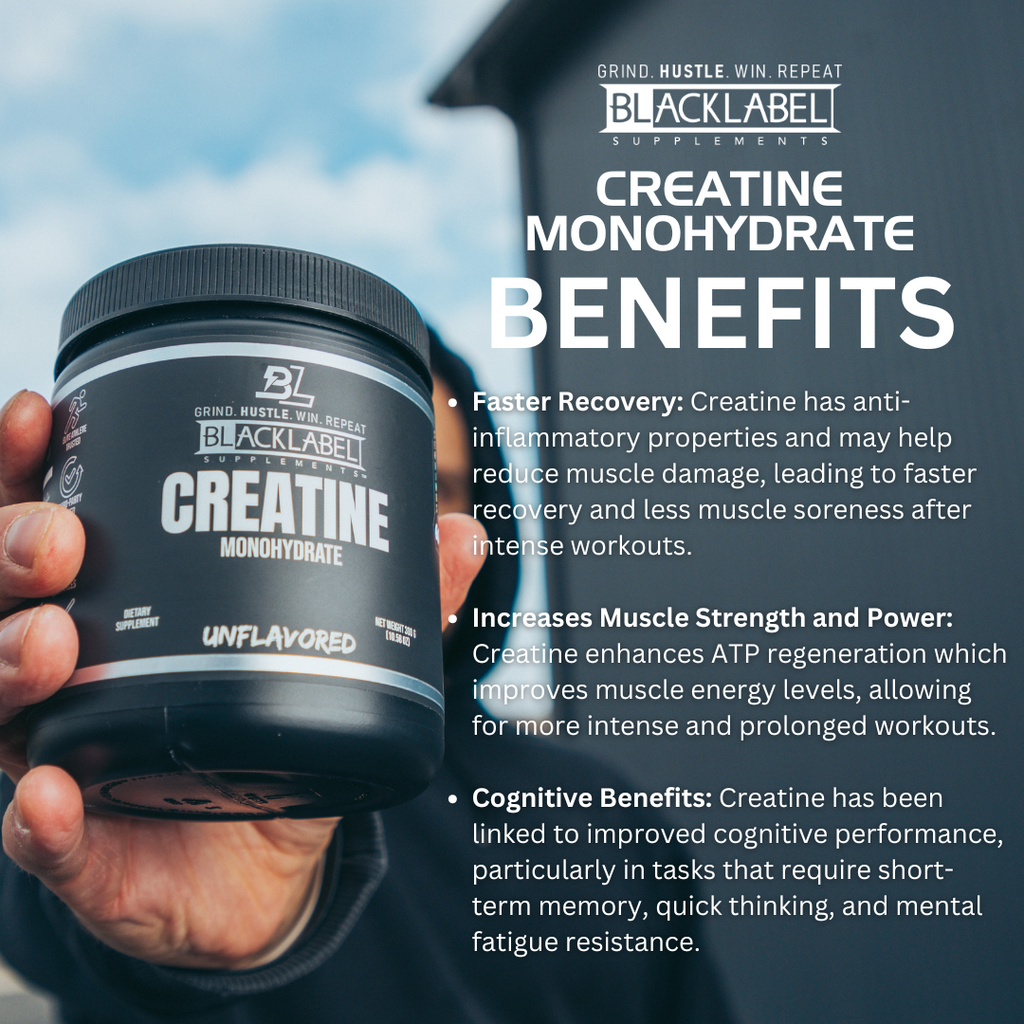The Basic Principles Of Creatine Monohydrate
Table of ContentsThe Definitive Guide to Creatine MonohydrateThe 10-Second Trick For Creatine MonohydrateOur Creatine Monohydrate Diaries
The authors acknowledge a danger of bias with the research designs due to a demand for more quality over randomization with almost all studies consisted of. Only three of the nineteen studies extensively detailed the analysis of VO2 max.
If weight gain with fluid retention is a problem, quit taking creatine 1-2 weeks before competing to offset liquid retention while preserving enhanced creatine stores. Some people experience stomach pain when taking creatine, such as bloating, cramping, or looseness of the bowels.
It's recommended to use it in powder type. Worries concerning the lasting results of creatine monohydrate supplementation on renal (kidney) function have been raised. Nevertheless, research studies done by the International Culture of Sports Nutrition and Sports Medicine program that short-term and long-lasting use creatine monohydrate within suggested dosages doesn't run the risk of renal function in healthy individuals.
The Creatine Monohydrate Statements
None of the research studies examined triathletes. here The adverse results reported in the research studies associated with weight gain. As stated, a lot of the studies made use of a higher-dose loading procedure (20g+/ day) in a short duration that could be click to investigate countered and prevented through a reduced dosage (such as 5g/day) for an extended duration.

Let's look at the major benefits of creatine monohydrate. There is solid, dependable research revealing that creatine content improves health and wellness.
The bulk of creatine is saved in the skeletal muscular tissues in a type known
as phosphocreatine, or creatine phosphate. Creatine aids in the manufacturing of adenosine triphosphate, or ATP. Even if they never raised a barbell, they 'd still profit from creatine supplementation.